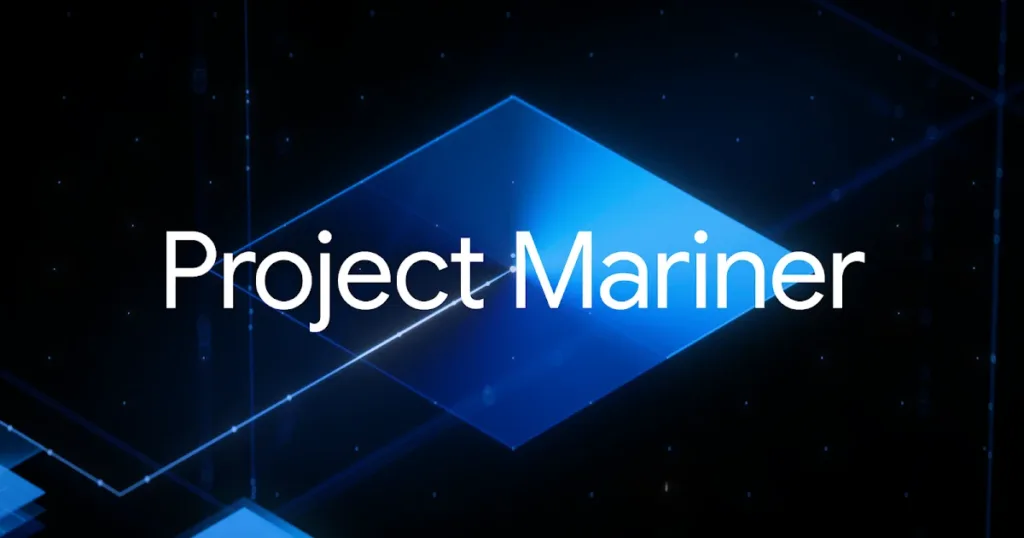The Article Tells The Story of:
- Project Mariner Launch: Google’s Project Mariner, powered by Gemini, is an AI agent that mimics human interactions to perform tasks like shopping and web navigation.
- AI Agent Features: It operates in Chrome, takes screenshots for processing, and ensures user control by avoiding tasks like accepting cookies or completing payments.
- Additional AI Tools: Google also introduced Deep Research for creating research plans, Jules for coding in GitHub, and gaming AI for navigating virtual environments.
- Impact on Web Interaction: These tools may reduce direct user engagement with websites, signaling a shift in how users interact with online platforms.
What is Project Mariner?
Google’s DeepMind division has introduced Project Mariner, an AI-powered agent designed to perform tasks on the web. This Gemini-based prototype can navigate websites, move the cursor, click buttons, and fill forms, mimicking human interactions. Users can instruct the AI to perform tasks like creating shopping carts, finding recipes, or searching for flights and hotels.
The agent operates within the Chrome browser and requires a dedicated tab. It takes screenshots, sends them to Gemini for processing, and follows step-by-step instructions to complete tasks. However, it cannot accept cookies, sign terms of service agreements, or complete payment details, ensuring users retain control.
Check Out similar Article of Google’s Secret ‘Project Jarvis’ AI: The Future of Web Browsing?– SquaredTech
New AI Agents from Google
In addition to Project Mariner, Google unveiled several other AI tools:
- Deep Research: This agent helps users tackle complex topics by creating and executing multistep research plans. It provides detailed reports but doesn’t solve math problems, write code, or analyze data.
- Jules: Designed for developers, Jules integrates with GitHub workflows to assist with coding tasks, making direct changes within GitHub repositories.
- Gaming AI: Google is working with developers like Supercell to create AI that helps navigate gaming environments, using Clash of Clans as a testing ground.
Check Out similar Article of Shutterstock and OpenAI Partner to Create AI Tools– SquaredTech
These tools aim to expand AI’s role in research, development, and entertainment.
Impact on Web Usage
Project Mariner represents a shift in user interaction with websites. While the AI agent allows publishers and retailers to maintain page views, it reduces direct user engagement. This could eventually lead to less reliance on traditional web interfaces.
Google’s AI agents promise efficiency and innovation but raise questions about the future of web design and user experiences. As these tools evolve, they may redefine how users and businesses approach online interactions.
Conclusion
Google’s Project Mariner and its suite of AI agents signal a transformative moment for web navigation and productivity. By automating tasks and exploring new applications, these tools could revolutionize digital interaction. However, their broader adoption will depend on balancing user control, business needs, and evolving technology standards.
Stay Updated: Tech News – Artificial Intelligence



